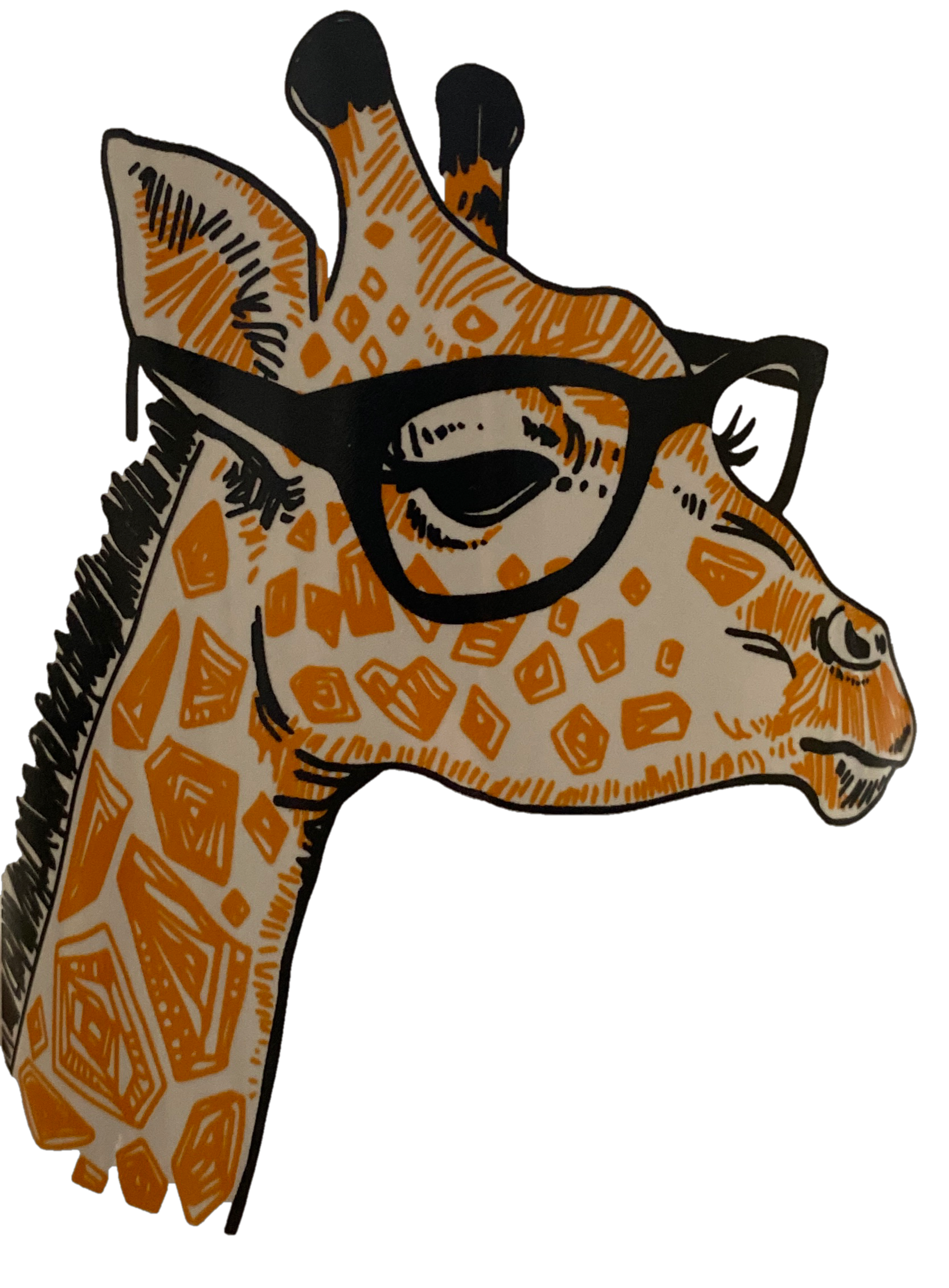This is something I’ve been wondering about for a long time. Programming is an activity that makes you face your own fallibility all the time. You write some code, compile it or run it, and then 80% of the time, it doesn’t work exactly the way you imagined. There’s an error message, or it just behaves incorrectly. Then you need to iterate on it and fix the issues until you get the desired result, and even then it’s subtly wrong, and causes an outage at 3am on Sunday.
I thought this experience would teach programmers to be the humblest people in the world.
I can’t believe how wrong I was. Programmers can be the most arrogant dickheads you will ever meet. Why is that?
Because we all have Dissociative identity disorder with flexing between God Complex and Imposter Syndrome
Haha, so true! I can definitely switch between “god at the keyboard” vs. “dog at the keyboard” within a single minute.
“haha I’m so smart it’s working this is so easy”
And
“wait wtf why isn’t this working? I’m so dumb this is what I get for copying code from stackoverflow”
Been there. I’ve written some slick code in a weekend that has run great for years. I’ve also spent 2 hours trying to get a button lined up properly.
I feel it’s caused by two things:
- In industry, most people do more reading than writing, so you see a lot of other people’s mistakes and have to fix them rather than your own. You don’t make enough code to feel humbled.
- Out of industry, there’s often a vacuum. You code one way and make a thing and you’re proud of it. You never hear criticism, and you’re defensive of your abilities. This could be programmers who are new or just out of college or do it as a side to their main job. You don’t share code enough with people to learn better ways and be humbled. Good enough is enough to be proud of.
There’s an in between state that can open up the door to humility. Maybe a person who works at a company and thus deals with customers, non-programmers, and a team but still works on open source and in their free time build lots of side-projects and open sources them. You’re making enough code and putting it out there enough to really receive good criticism. Those people would be more likely to be humble I suppose
Programming often makes you feel powerful and in control. Humans love that feeling and it’s intoxicating. But I think that feeling of power and control gets easily conflated with being right all the time. If we’re wrong then it’s like we have to admit we’re not in control anymore.
Source: my ass / own opinion
You got an upvote from me for the source attribution :D
I can’t believe how wrong I was. Programmers can be the most arrogant dickheads you will ever meet. Why is that?
That is a behaviour I commonly see online. Working in scientific programming, my experience has been the opposite. The programmers I interact with aren’t afraid to ask for help and will usually recognise their mistakes. Not once have I been mocked for my crappy code, not for a lack of opportunities.
As with any field, the less a person knows the more they boast to know.
My thought is this: we often have to deal with people who are absolutely certain about a thing, that’s… completely wrong. Disregarding the user’s thoughts to fix the user’s issue is quite common.
But that wouldn’t explain all of it, because anyone in customer service deals with the same stuff, and they usually aren’t that bad when they drop the customer service mask.
That may be part of it but I’ve also observed it among fellow programmers.
You give your opinion about something and your coworker has a smug, arrogant knee-jerk reaction based on some cargo-cult belief without actually thinking about the details of the problem. Then you need to walk them through why what you said is not what they meant step-by-step, and while it may be wrong it is still a valid opinion. If you succeed, they completely change and become cooperative, and you can have an actually useful discussion. But you have to be super patient, like when taming an irritated feral cat that wants to scratch you. If you’re good, the cat becomes cuddly and cute.
This works but I’m extremely tired of having to perform this dance with 60% of the new coders I meet.
Man, that instantly reminded me of two people I know, one in webdesign and the other a professional programmer. It’s a pain.
I mean, it’s a scientific job, you have to prove your arguments… with that said they should help you to do so, if you feel them as arrogant, they are bad at their job…and since programming is a complex job, there are a lot of not so good people
You’re right, they also have to prove their counterarguments, and those who don’t do it are often bad programmers. But I’ve also experienced the same with some actually brilliant people.
I think one of the big problems in software dev is that the ‘code doesn’t care about your emotions’ is just an easy out to not put in the effort to work with other people. We seem to forget that although the nuts and bolts of our work is engineering, the only reason we write any code in the first place is to support human endeavors. Yes one line of code can be provably right or wrong, but absolutely everything else piled on top of that is understanding and emphasizing with other people. I wish more of us would take a step back from the line of code in front of us once in a while and just, you know, look around us.
It’s the duality of coding. You can feel like the dumbest person on earth and impostor syndrome is a real thing. But compared to other people you can still feel like a technomancer/wizard. What too many coders forget is that many, many jobs can get really complicated once you look past the surface. That’s part of where the arrogance comes from. I also often see people who feel companies should just indulge their hobby and they forget that the company pays them to write code for the good of the company and not their own good.
Some days I log off feeling like a noob, other days I feel like I just hacked the Gibson.
I think that the reason is precisely the difficulty. Someone is asking for help with something that (for others) is not that difficult. Some people think “ha, poor fool, I’ve solved this, they’re dumb and shouldn’t be programming”, while others go ahead and actually help the person in good faith without being a dick.
TLDR: Some think programming is a competition and they must be the winners, others realize it’s a community effort where we step on each other’s shoulders to go higher.
Part of it is also “engineer brain”, where you see problems in terms of a rigid system of rules and forget that most problems in real life outside of engineering depend on rules and systems but also human beings. Unlike a structural member in a bridge or a piece of code, human beings are weird, proud, scared, emotional and smart enough to get out of following rules when they don’t want to.
The dirty secret is that many problems inside of engineering are that way too. There’s a million equally valid solutions to any given problem and the one that gets chosen is all human factors.
Like: Greenfield REST CRUD App. What language do you choose?
Sure, you can make a million technical arguments for any given language, but there’s no real right choice. I’d choose Elixir because I like Phoenix/Ecto for that particular problem. I’m likely in the minority. The answer for most apps will be more borne of social politics than engineering.
“we should use X, it’s obviously the best”
“but nobody here knows how to use X except you”At which point the terminally engineer-brained will short circuit and throw a tantrum, because they are used to information just flowing from one data structure to another with the right tweaking, but human brains and education don’t work that way.
People handle success differently. Some folks recognize how difficult it was and respect others facing challenges while some folks believe it must be easy because they did it and if you can’t then you’re less skilled.
Programmers can be some of the most condescending people ever and it really bothers me.
I’ve definitely run into this, which is so weird to me cause I think it makes you a worse programmer to think like that.
Highly recommend checking the blog posts on https://compassionatecoding.com/blog
So many programmers I feel lack empathy especially when it comes to working with other developers. Pure “logical thinking” is primarily for computers. Writing readable code, good docs, good communication I think really separate an average dev from an exceptional one given the same skill set. All of those require a certain amount of empathy to do well because it’s about understanding humans not just computers.
I found for myself that part of the journey in career advancement was looking at code, thinking “wow this really sucks! how could they be so stupid to do this!” and then realize that I wrote it a year or two prior.
Humbleness comes. I’ve since adopted it as a metric to determine if someone is really a senior or lead or level 60 paladin or whatever.
80% of the time, it doesn’t work exactly the way you imagined
Programmers can be the most arrogant dickheads you will ever meet. Why is that?
🤔🤔🤔
This is a social psychology question and the answer doesn’t have as much to do with the particulars of what a programmer does as the social environment “programming” lives in.
The easiest concept regarding this phenomenon is self selection bias. Certain groups of people are drawn to, and others are excluded from certain professions. These groups are usually defined by demographics and personality traits. This results in a self-preserving system with its own gatekeeping, leading to a self-preserving subculture.
Obviously this isn’t unique to programming. Every human group regardless of how that group is defined have in-group and out-group biases which perpetuates us and them identities in our minds. Everyone has these to varying degrees.
If we want to talk about why programming seems to select for the trait of arrogance, we have to speculate.
I think it could be related to the esoteric nature of professions like electronics engineering and programming. Things these professions work with do not have moving parts. Their internal workings can’t be guessed by their physical appearance, nor from their immediate function. This might be creating a feeling of magic, as in any advanced enough technology blah blah… You know what I mean.
Perhaps programmers start to believe in the magic themselves, or to take it seriously when they are called “tech wizards” etc.
In return, non-programmers are probably happy to benefit from the “magic” without going into the nitty gritty of all the frustrating grunt work required to make things work, and they exclude themselves from the profession.
Ask anyone of the popular reputation of philosophers and it’s basically the same as programmers. Socrates would definitely piss a few people off in code review meetings. Programming as a pursuit is very prone to sophistry because it’s unclear even how to start defining the problem space, and there are always categories of problem where, when encountered, everyone either solves it with the exact same falsehood, or uses the one dependency that actually solves the problem. And then in the end, the software ends up not being used, so the wrong problem was solved.















